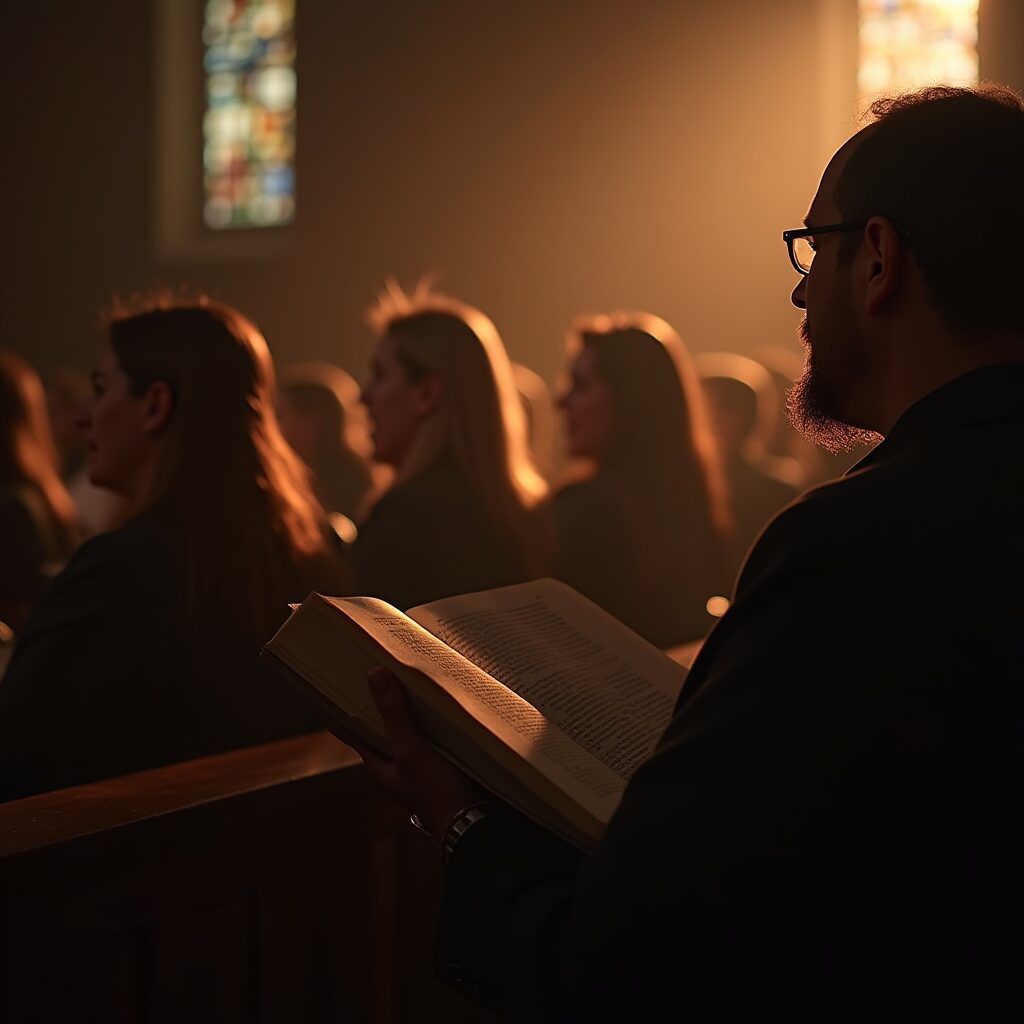A common objection to the teaching and practice of exclusive Psalmody has to do with the Psalms themselves speaking of singing a “new song.” Does this not mean that we should continually be adding “new songs” to the songs we sing in the worship of God? There are a number of ways to answer this question, but I recently came across a book titled “Sing a New Song” which is edited by Joel R. Beeke and Anthony T. Selvaggio. There is a blurb about the title of the book at the beginning of the book which I wanted to share snippets from here. With no further ado:
Five psalms in the Psalter are called “new songs” (Pss. 33:3; 40:3; 96:1; 98:1; 149:1). Additionally, while Psalm 144 is not itself a “new song,” it includes a promise to sing a “new song” (v. 9) after God grants a longed-for victory. In biblical Hebrew, a new song is not necessarily a song that was recently written. The phrase is an idiom for a certain kind of praise song – the kind of praise one sings loudly for all the nations to hear after God has granted a great victory…
Such a song is sung when the old notes of lament have given way to a new melody of joy and gladness. It bursts forth from the heart because of some momentous deliverance that puts all the old griefs into the distant past.
…Indeed, the whole Psalter reaches its climax with a “new song” (Ps. 149) and a “hallelujah” benediction (Ps. 150). Until that great day comes when all our tears will be wiped away and we will sing only “new song” praises, the variety of songs in the Psalter tune our hearts to that joy now.

Leave a Reply